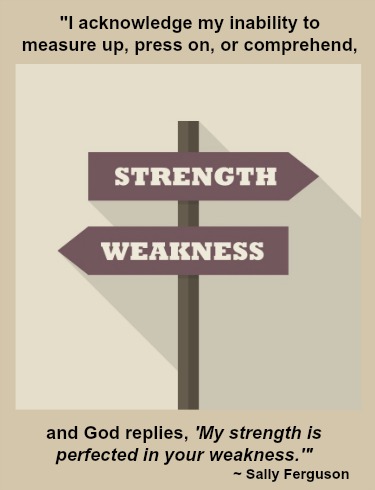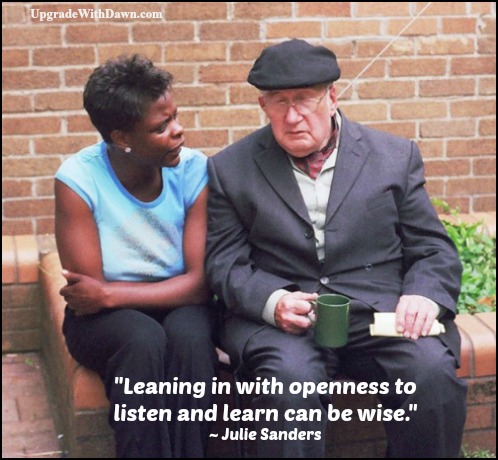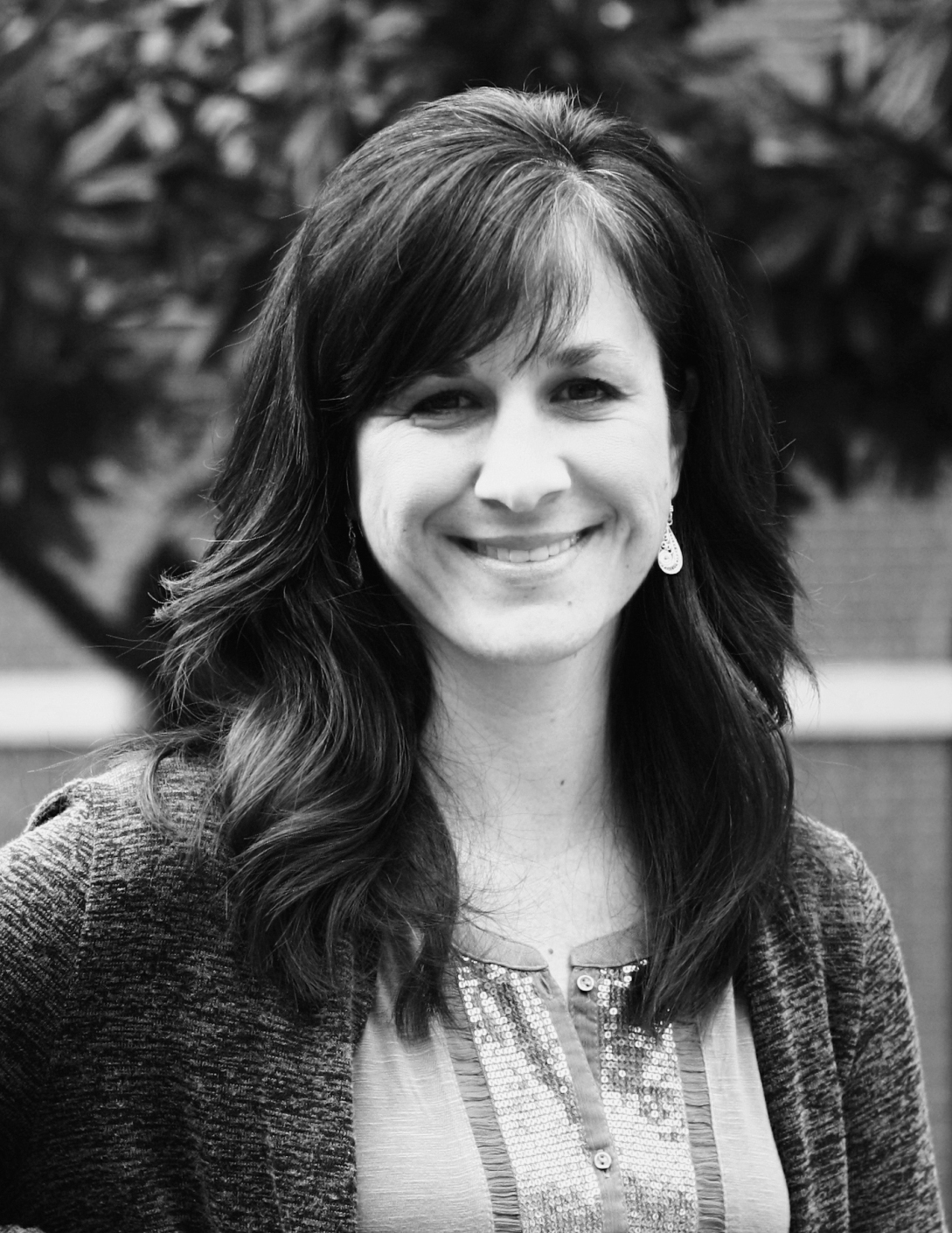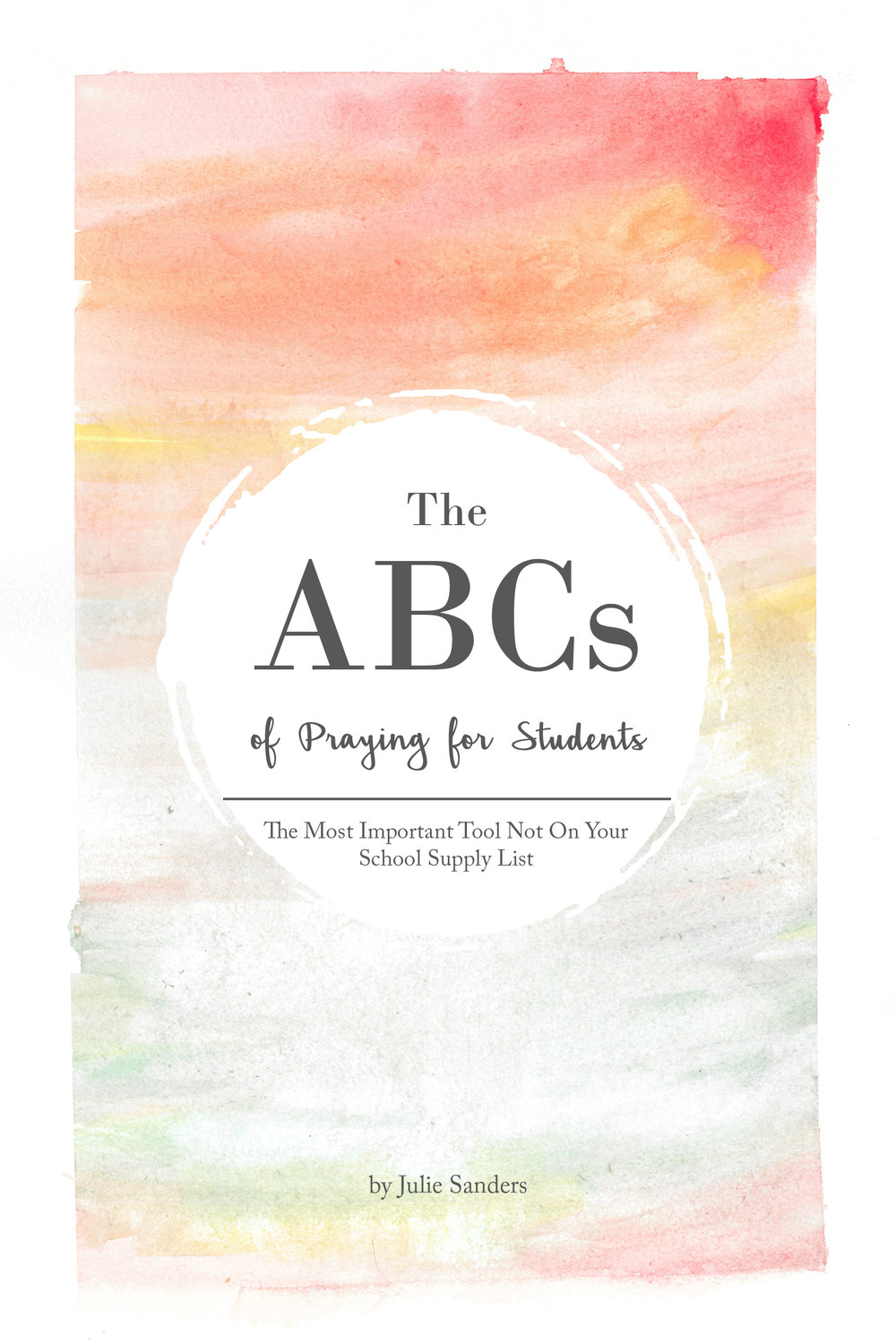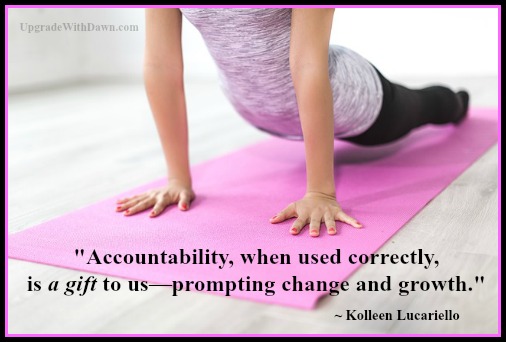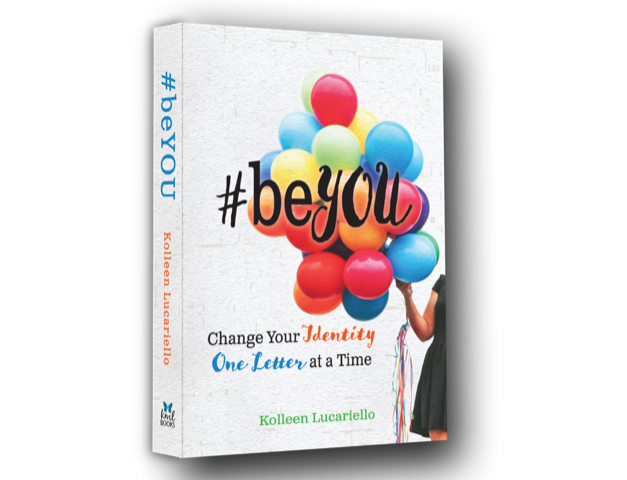Developing Spiritual Taste Buds
Kathy Collard Miller wants women to understand how the truth of scripture can transform their lives. In this Spiritual Growth UPGRADE, she suggests ways we can learn to crave God's Word. 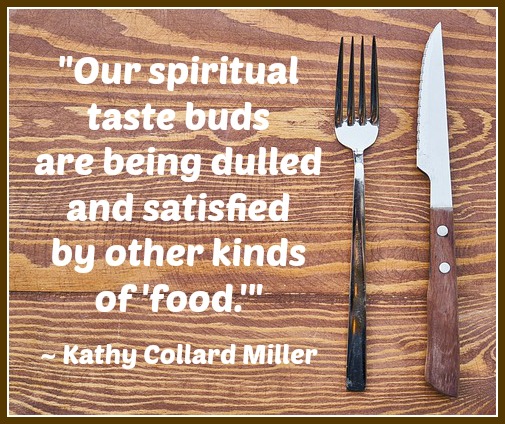
"If we had been told a year ago we would have unlimited time in seclusion at home," Kathy says, "I wonder how many of us would have thought, 'Then I’ll be able to to spend more time reading my Bible and praying'?"
I (Dawn) know I didn't think that way at first. But God spoke to my heart, and He created hunger for His Word and ways. I later wondered, "Why didn't I immediately think of opportunities for spiritual growth during the lockdown?"
Kathy continues . . .
I would have been one of those, but my time with God hasn’t increased.
As much as we think choosing a spiritual devotional time is dependent upon available time, it’s primarily not. It’s that our spiritual taste buds are being dulled and satisfied by other kinds of “food.”
And for whatever reasons, they seem more satisfying and/or easier.
How can we enliven our taste buds?
Here are three empty spiritual practices PREVENTING our spiritual hunger.
1. Technology.
We won’t be surprised about this one. It’s just so easy, and it’s called “vegging” for a reason. But we aren’t receiving the nutrients of spiritual vegetables. Sometimes going cold turkey can be helpful—we’ll find out we won’t die.
My husband, Larry, tells how God challenged him to drive without listening to the radio for a month. That seemed like an easy assignment until he missed it. He realized he had been drowning out God's voice.
Of course, there's nothing wrong with listening to the radio, but for Larry, the radio had become a kind of empty source replacing a time of communicating with the Lord.
During his “fast” from radio, he found a rich time of seeking God as Psalm 119:37 says:
Turn my eyes from looking at worthless things; and give me life in your ways. (ESV)
2. Relationships.
Do people dull our spiritual taste buds?
- Instead of seeking the Lord directly for guidance and direction, do we rush around asking for everyone else's opinions?
- Instead of seeking the Lord to define who we are, do the opinions of others define us?
Years ago, while caring for my mother-in-law in our home, the Lord began revealing how my mother-in-law’s opinions of me replaced God’s unconditional love for me. Because of the kind of dementia she had, her paranoia caused her to accuse me of trying to kill her with the “rocks” I put in her oatmeal.
I felt angry and misunderstood.
Thankfully, over the two-and-a-half years she lived with us, I understood more about God’s knowledge of my service. Also, my sinful demand she see me in a good light.
My spiritual taste buds became enlivened to depend upon His view of me as His Beloved. I saw the truth of Psalm 119:39:
Turn away the reproach that I dread, for your rules are good.
3. Self-protection.
When Hannah's marriage was difficult, her escape plan nourished her soul, not God.
She explained, “I envisioned an open door labeled 'divorce.' I told myself, 'I'll stay in the marriage until the children are gone and then I'll divorce him. I can hold on until then, but I won't give him my heart.'
“Then one day the Lord told me, 'You're sinning. Close the door and lock it.' I couldn't do it. It was my way to survive.
"He gently continued to convict me and finally I surrendered. I mentally closed and locked the door. I began to offer my heart to my husband.
"The kids are long grown and my husband and I still struggle, but I know God has purified me as I've turned to His spiritual nourishment—not self-protection.”
Hannah turned from her own reasoning as Psalm 119:24 tells us,
Your testimonies are my delight; they are my counselors.
Here are three ideas for TANTALIZING your spiritual taste buds to hunger for God.
1. Think small growth.
An “all or nothing” attitude only discourages.
What ONE thing in ONE area does God want you to work on?
2. Notice the tiniest differences of those little choices.
Are you even a little more loving? Kind? Self-controlled? Patient?
Paying attention to God’s work will activate the spiritual taste buds.
3. Claim God’s promises.
He wants communion with you.
You’ll notice I used verses from Psalm 119, because that powerful Psalm describes numerous rewards of seeing how God promises to meet our needs with nourishing spiritual food, not empty calories.
It really is possible to be wake up your spiritual taste buds!
What small change will you make to invest in your spiritual hunger?
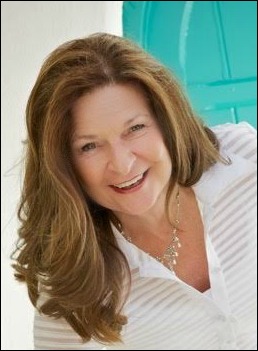 Kathy Collard Miller loves to help women trust God more through her 58 books and speaking in 35 states and 9 foreign countries. Her website/blog is
Kathy Collard Miller loves to help women trust God more through her 58 books and speaking in 35 states and 9 foreign countries. Her website/blog is  www.KathyCollardMiller.com. Kathy’s newest book, co-written with her husband, Larry, is God’s Intriguing Questions: 60 New Testament Devotions Revealing Jesus’s Nature. Check out Kathy’s Amazon author page.
www.KathyCollardMiller.com. Kathy’s newest book, co-written with her husband, Larry, is God’s Intriguing Questions: 60 New Testament Devotions Revealing Jesus’s Nature. Check out Kathy’s Amazon author page.
Graphic courtesy of Engin Akyurt at Pixabay.
 Post a Comment → Posted on
Post a Comment → Posted on  Thursday, August 20, 2020 at 10:29AM
Thursday, August 20, 2020 at 10:29AM  Bible Reading,
Bible Reading,  Bible study,
Bible study,  Hunger for God's Word,
Hunger for God's Word,  Kathy Collard Miller,
Kathy Collard Miller,  Spiritual Hunger,
Spiritual Hunger,  Spiritual Taste Buds,
Spiritual Taste Buds,  Spiritual growth,
Spiritual growth,  Upgrade with Dawn Upgrade Your Life
Upgrade with Dawn Upgrade Your Life  Bible Study,
Bible Study,  Spiritual Growth
Spiritual Growth 




